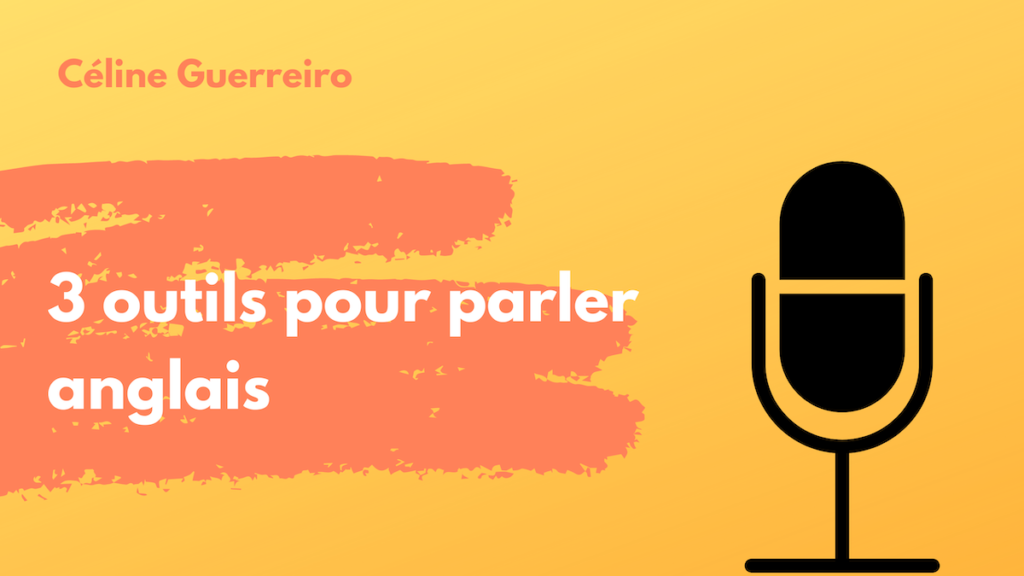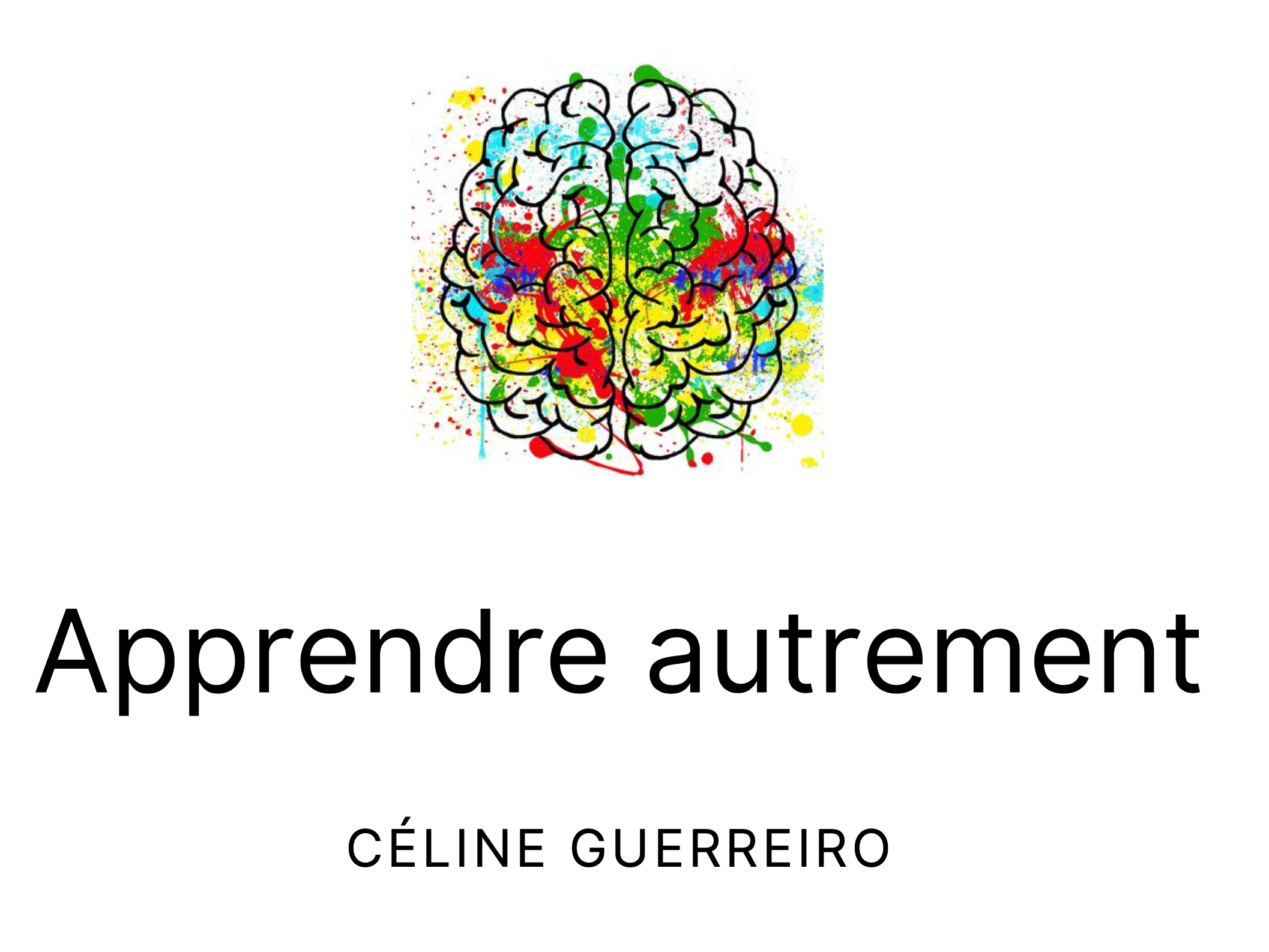
Dans ce 110ème épisode, je vous partage les 3 outils que j’utilise pour progresser en anglais et je vous donne mon avis sur une application très connue : Duolingo.
Vous découvrirez comment Brainscape, Deepl et Forvo m’aident au quotidien et s’intègrent dans mon système basé sur les échanges avec des partenaires de langue.
Puis après avoir listé les points positifs de Duolingo, je vous expliquerai pourquoi, à mon sens, vous ne pourrez pas progresser à l’oral avec cette application.
Apprendre à parler anglais de chez soi, sans payer un prof 25€ de l’heure et en se faisant des amis
Hier, j’ai reçu un mail de Benny Lewis, un polyglotte très connu, qui partageait son avis sur Duolingo. Alors, je vous en fait profiter :
I’m no big fan of Duolingo.
Now, some of my team love it. And plenty of Fluent in 3 Months students have found Duolingo to be a useful tool.
So it definitely works for lots of people.
But Duolingo and I don’t get along.
There are a few reasons why I don’t like Duolingo. One of the big ones is its focus on grammar.
When it comes to grammar, Duolingo is like an old-school textbook in app form, and there’s no need for that.
In my experience as a language learner and teacher, studying any grammar is a complete waste of time for beginner language learners.
And by “beginner” I mean people who’ve yet to have several conversations in their new language.
So, unless you’re already having regular conversations in your target language, there’s no need to even think about grammar. And even if you are conversational in a new language, it still might not be time to focus on grammar.
I hear of so many language learners suffering from “grammar dread”. They worry about grammar so much it holds them back from actually getting on and speaking a new langauge. It makes me sad when that happens.
Especially because grammar is a complete waste of time for most beginner learners.
